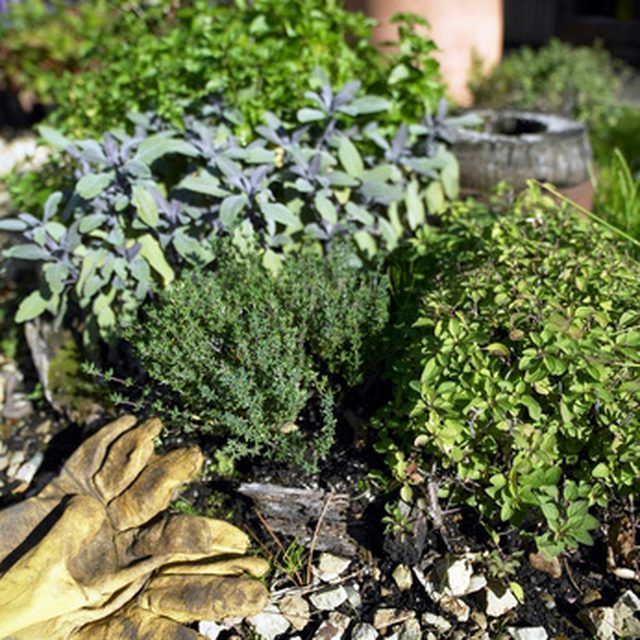Bulbs
Flower Basics
Flower Beds & Specialty Gardens
Flower Garden
Garden Furniture
Garden Gnomes
Garden Seeds
Garden Sheds
Garden Statues
Garden Tools & Supplies
Gardening Basics
Green & Organic
Groundcovers & Vines
Growing Annuals
Growing Basil
Growing Beans
Growing Berries
Growing Blueberries
Growing Cactus
Growing Corn
Growing Cotton
Growing Edibles
Growing Flowers
Growing Garlic
Growing Grapes
Growing Grass
Growing Herbs
Growing Jasmine
Growing Mint
Growing Mushrooms
Orchids
Growing Peanuts
Growing Perennials
Growing Plants
Growing Rosemary
Growing Roses
Growing Strawberries
Growing Sunflowers
Growing Thyme
Growing Tomatoes
Growing Tulips
Growing Vegetables
Herb Basics
Herb Garden
Indoor Growing
Landscaping Basics
Landscaping Patios
Landscaping Plants
Landscaping Shrubs
Landscaping Trees
Landscaping Walks & Pathways
Lawn Basics
Lawn Maintenance
Lawn Mowers
Lawn Ornaments
Lawn Planting
Lawn Tools
Outdoor Growing
Overall Landscape Planning
Pests, Weeds & Problems
Plant Basics
Rock Garden
Rose Garden
Shrubs
Soil
Specialty Gardens
Trees
Vegetable Garden
Yard Maintenance
How to Grow Herbs in Tropical Conditions
How to Grow Herbs in Tropical Conditions. As today's home cooks focus evermore on fresh ingredients, homegrown herbs are enjoying a resurgence in popularity even among novice gardeners; as any cook can attest, dried and store-bought herbs simply cannot match the flavor and freshness of those grown in the backyard. Many gardeners in tropical regions...

As today's home cooks focus evermore on fresh ingredients, homegrown herbs are enjoying a resurgence in popularity even among novice gardeners; as any cook can attest, dried and store-bought herbs simply cannot match the flavor and freshness of those grown in the backyard. Many gardeners in tropical regions wonder whether they can expect the same success with herb-growing as those in more temperate climates; while growing herbs in tropical environments presents certain challenges, there is no reason why these gardeners can't enjoy a variety of fresh herbs right from their own gardens.
Things You'll Need
Herb seeds or starter plants
Containers
Potting soil
Choose herbs that will best tolerate the high temperatures and wet weather characteristic of tropical climates; ideal varieties include basil, cilantro, garlic chives, mint, oregano, parsley, rosemary, thyme and turmeric. To quickly determine which herbs are best suited to tropical conditions, think about the spices that are commonly used in the cuisines of Asia, Africa and other tropical locales.
Choose the appropriate season for planting each herb. Certain herbs, such as cilantro, can thrive in tropical conditions but should be planted during the cool season to avoid the extreme heat of summer. Purchase a gardening book or check the seed packets or plant labels on individual herbs to determine their sensitivity to heat.
Plant the herbs in a high-quality potting soil in containers with good drainage and water thoroughly; growing in containers gives you better control over the amount of sun and water the plants receive.
Move the containers around the garden to experiment with different amounts of sun. Midday sun may be too strong for certain herbs; morning sun and midday shade will produce healthier plants for these varieties.
Monitor the amount of water the containers receive, especially during the rainy season. During heavy rainfall, the soil in containers can quickly become soggy, impeding root growth and promoting plant rot.
Tips & Warnings
The ideal containers for growing herbs in tropical conditions are glazed ceramic pots which hold up better than plastic but lose less moisture than unglazed clay. Whichever type of container you choose, make sure it has plenty of drainage holes to prevent soggy soil and is light in color to minimize heat absorption.
Many varieties of herbs such as cilantro, basil and dill will bolt if exposed to too much heat; a plant is said to bolt when it stops producing leafy growth and instead flowers and goes to seed. To prevent your herbs from bolting too soon, keep the soil well-watered and mulched and avoid growing susceptible herbs during the hotter seasons whenever possible.